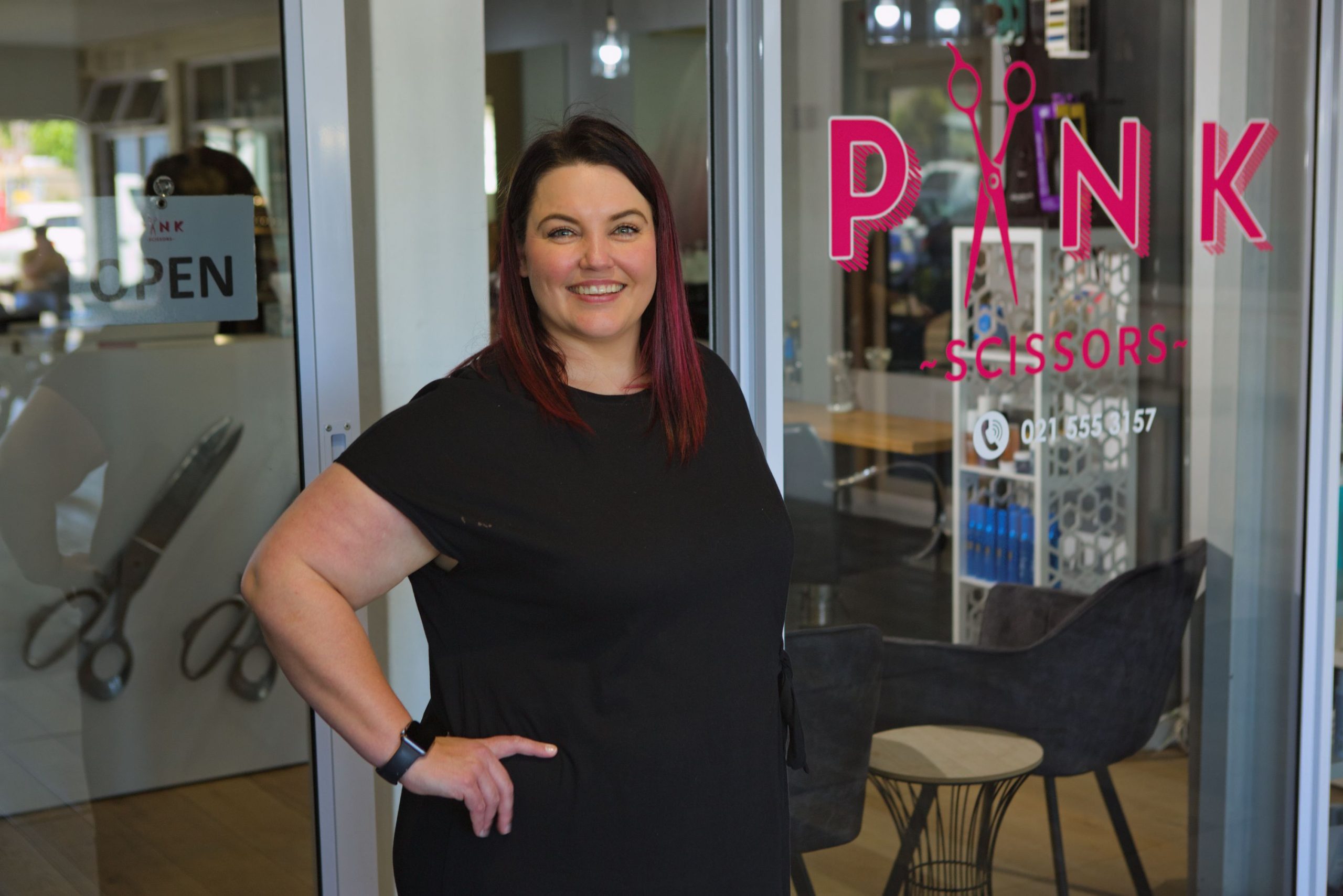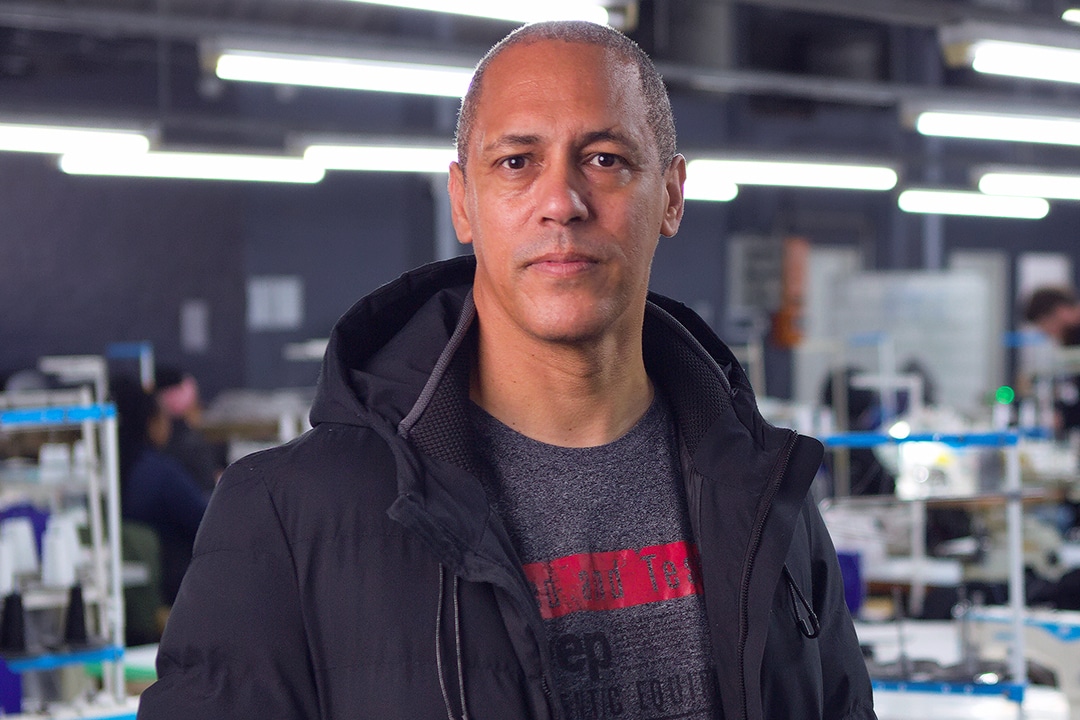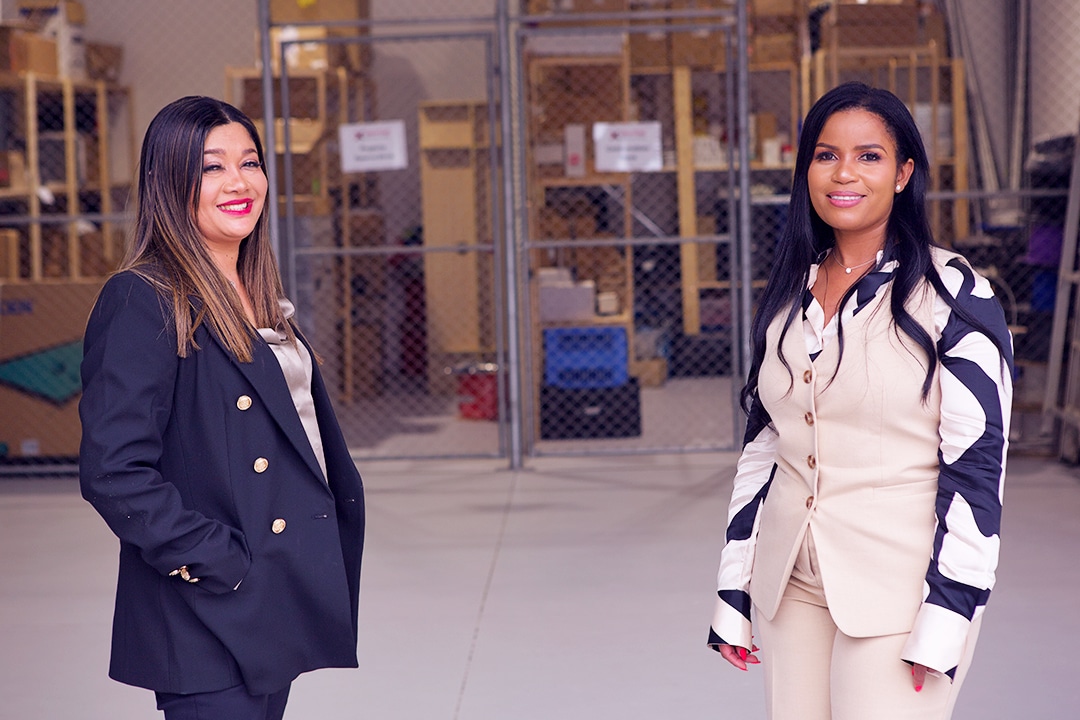Looking for a Credit Facility?
Access an Alternative with Lula’s Revolving Capital Facility, Your Business’s Most Flexible Funding Option.
Get up to R5 million in business funding in 24 hours.
Apply for a fast, commitment-free quote now.

What is a credit facility for business?
Running a business or even a household can feel like walking a tightrope. Sometimes, unexpected dips appear, leaving you needing a temporary financial safety net. Understanding what a credit facility is can make the difference between confidently keeping your business balanced, or taking a fall. If you’re a small business owner in South Africa, you most likely face multiple challenges when it comes to managing your finances, including:
- Maintaining cash flow, with unexpected expenses and slow customer payments creating a financial squeeze
- Finding adequate funding in a market with tough traditional lending criteria
- Securing capital with a low credit score or limited credit history.
In this guide, we’ll explore the different types of credit facilities available, and how funding solutions from alternative funding provider Lula can be incorporated into your financial strategy for smoother sailing.
What is a credit facility?
A credit facility agreement is an arrangement between a lender and a business that gives it easy access to a pool of funds whenever it needs it.
One way of looking at it is as a fuel reserve for a business. When you feel you’re running low, you can turn on the tap to keep cash flow running smoothly.
In South Africa, credit facilities are on the rise in a tough lending market. Thomas McKinnon, Chief Growth Officer at SME funding provider Lula sums it up:
“A credit facility or revolving capital facility is appealing for small businesses in South Africa because it provides them with flexible access to funds that they can use as needed. It offers a convenient way to manage cash flow fluctuations, cover expenses, and seize business opportunities without having to apply for new funding each time.”
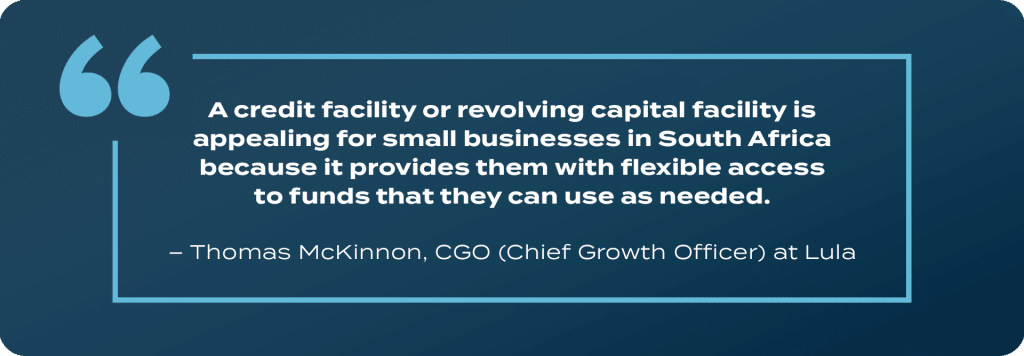
What is the difference between a loan and a credit facility?
If you’ve researched how to get business funding, then you’ve probably come across both term loans and credit facilities. Both are examples of business finance, but there are some important differences to bear in mind.
- Business loan: A business loan is a one-time disbursement of a specific amount of money. It’s like getting paid upfront for a project. You’ll have a fixed repayment schedule with interest applied to the entire loan amount, but if you’d like a further loan, then you’ll probably need to apply again.
- Credit facility: A credit (or capital) facility is a pre-approved line of credit that you can access repeatedly, similar to an overdraft or credit card. You can access funds up to a certain limit as needed, repay what you use, and then borrow again within the limit.
- Business loan: Business loans are ideal for one-time expenses like buying equipment or funding a renovation. They provide a predictable amount for a specific purpose.
- Credit facility: Credit or capital facilities are better for ongoing or fluctuating expenses, such as managing inventory, covering payroll during slow periods, or handling unexpected costs. They offer flexibility to address short-term cash flow needs.
- Business loan: Business loan repayment typically follows a fixed monthly schedule with interest calculated on the entire amount from the start. Other times, monthly repayments may be calculated over an agreed term.
- Credit facility: If you get approved for a credit facility, you’ll receive a summary of the interest you’ll pay on your withdrawals, as well as any extra. But how does the lender calculate interest, and what does a credit facility fee comprise of? Interest may accrue daily on the outstanding balance, and you might have minimum monthly payments on the used amount.
- Some alternative facilities, like the Revolving Capital Facility from Lula, charge a fixed monthly fee instead, meaning you only pay for what you use, if you use it, depending on who you borrow from. Fees typically cover maintenance and staff costs.
- Business loan: Obtaining a business loan from traditional lenders often requires a formal application process with detailed financial statements and business plans.
- Credit facility: Qualifying for a credit facility may be easier than getting a loan, especially for established businesses with a good credit history. Some alternative lenders, like Lula, may assess your business’s risk profile using different, and additional, criteria to traditional lenders, improving your chances of approval in some instances.
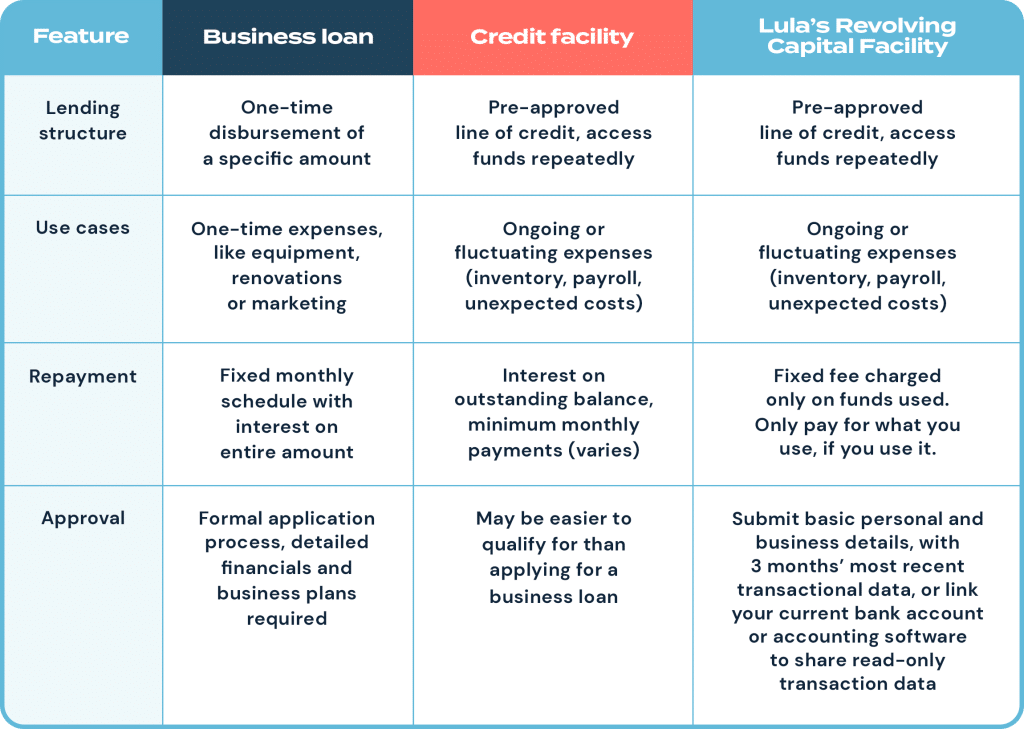
So, to sum up, what is the difference between a term loan and a credit facility?
Think of a traditional term loan as a one-time fuel tank refill: you get a set amount upfront and repay it over a fixed term.
A credit facility is more like a fuel card – you have a credit limit, use what you need, repay it, and can tap back in as needed. It’s ideal for ongoing expenses or unexpected business needs.

Does my business qualify for a credit facility?
What does it take for the average credit facility lender to approve your business’s application?
As we’ve seen above, alternative lending options offer much-needed financial flexibility in an unpredictable South African business climate.
While the chances of approval are higher than from a traditional bank, there are still several important factors that influence an alternative lender’s decision-making, including:
- Financial health: Most lenders look at your business’s revenue, profitability and credit history. Perform strongly in these areas and you will have a great chance of qualifying.
- Time in business: Established businesses with a track record are more likely to qualify than entrepreneurs and start-ups when applying for loans with traditional lenders and banks.
- Collateral: Having assets you can pledge as security can strengthen your application with traditional lenders. Alternative lenders may not require this.
- Industry: Creditworthiness can vary by industry; some sectors, like real estate lending, may have stricter requirements, for example.
The good news is that advances in borrower assessments mean that some revolving capital facilities use the latest tech to make a decision based on the real-time performance of your business, rather than just looking at creditworthiness and bank statements for a specified period.
Lula is a leading example of this type of lender. By using the Lula business funding calculator, you can estimate how much your repayments will be. Then, if you decide to apply for capital, you can receive a quote followed by approval within just a few hours.
What are the different types of credit facilities?
Talking about credit facilities is one thing, but knowing about different types is also important. Here are the most common types of credit facilities, each with its own characteristics:
Also known as a ‘line of credit’ facility, this is probably the most common type of credit facility. You can access funds up to a limit, repay what's used, and borrow again.
This is a pre-approved credit line for a specific purpose, often with a fixed repayment schedule. Think of it as a hybrid between a credit facility and a term loan.
This lending product requires collateral to secure the loan, potentially offering lower interest rates and offered mainly through traditional lenders.
Instead of collateral, this facility relies on your business's creditworthiness, sometimes with slightly higher interest rates or set fees, similar to unsecured loans. However, some alternative lenders (like Lula) offset these marginally higher costs with speedy and flexible finance that traditional lenders can’t offer. You also don’t need to risk your assets in order to give your business the financial boost it needs.
This is a financial instrument that works in a similar way to a credit facility in that it lets you access goods or services from a seller (not a lender) with a personal guarantee that you will fulfil payment obligations.
What are the pros and cons of a credit facility?
When weighing up the decision of which type of working capital to go for, it’s a good idea to look at the pros and cons of each one from the perspective of a borrower. Like any type of lending, a credit facility has its pros and cons.

Pros of a credit facility
- Credit facilities are very flexible in that they let you carry out a funds drawdown when you need them, which is very useful when unexpected problems arise.
- On-demand access to regular cash flow allows your business to continuously operate smoothly.
- Businesses with better cash flow have more resources to seize opportunities, which adds to their growth potential.
- Credit facilities typically come with lower interest rates or set fees than other types of loans, which also helps cash flow, as you’ll have more money to spend on other things.

Cons of a credit facility
- The ease of access that comes with a credit facility means there’s a danger of complacency. Not sticking to a rigid repayment plan means you may be tempted to spend more than you normally would, which may make it harder to pay off the borrowed amount of money.
- You only pay interest or a set fee on what you use, but interest rates can still be significant depending on which lender you choose.
How can I apply for a Revolving Capital Facility quickly? Jump on board with Lula
Running a business can feel like a high-octane race, with unexpected expenses leaving you sputtering.
The problem is that traditional loans are like waiting for a tow truck – time-consuming and disruptive.
Lula’s Revolving Capital Facility helps you stay up to speed in an unpredictable business climate by being your on-board fuel reserve.
Lula’s Revolving Capital Facility offers instant access to working capital when you need it, with no monthly account or admin fees. Flexible repayment terms and no early repayment penalties make it an attractive option for small businesses.
Here's how it works
Apply now-

Apply online
No paperwork required, apply in minutes.
-

Get a quote
We'll give you a fast, commitment-free quote in hours.
-

Get funded
Once you accept your quote, receive your funds within 24 hours.
The beauty of Lula’s Revolving Capital Facility is that once you’re approved, that’s it. You get access to funding up to an agreed limit whenever you want, and without having to reapply each time, giving you peace of mind for the future.
You also don’t have to worry about early repayment penalties: Lula is happy for you to pay off the full amount whenever you like at no extra cost.
Apply online in minutes and access up to R5 million in business funds within hours.
Focus on the race, not the fuel station. Apply for your Revolving Capital Facility today.
*Your data is safe with us. Your bank shares just your latest read-only transaction data with us: we don’t save or store your username or password and you can unlink your account at any time.
Trusted by business owners like you.
Keep in touch 🙌
Sign up for tips, insights & inspiring stories to help grow your business.
By signing up, you consent to the processing of your personal information for the purpose of direct marketing by means of electronic communications.


